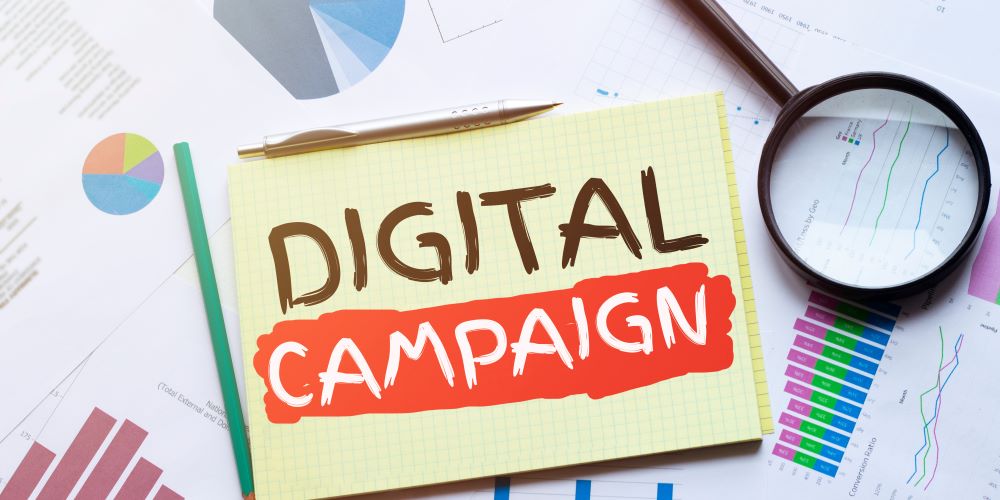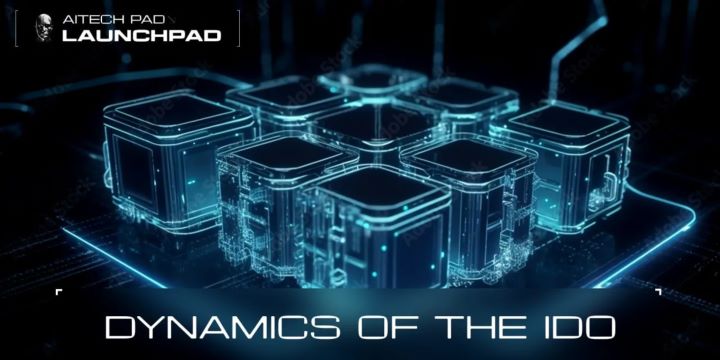Elections in the Digital Age: A Look Back at Key Political Moments

The digital age has revolutionized the way elections are conducted and political campaigns are waged. In the past few decades, we have witnessed an unprecedented transformation in the political landscape, with technology playing a pivotal role in shaping the outcomes of elections and influencing political discourse. In this article, we will take a retrospective look at some key political moments that have defined elections in the digital age.
The Rise of Social Media
The digital age ushered in the era of social media, which has had a profound impact on politics. One of the most iconic moments that highlighted the power of social media was Barack Obama’s 2008 presidential campaign. His team leveraged platforms like Facebook and Twitter to mobilize supporters, raise funds, and create a grassroots movement that ultimately led to his historic victory. This campaign set a precedent for how future political campaigns would use social media to connect with voters.
The Arab Spring
The Arab Spring of 2010-2012 demonstrated the potential of digital technology to mobilize political movements on a global scale. Protesters in countries like Tunisia, Egypt, and Syria used social media platforms to organize and share information, leading to significant political changes in the region. This moment showcased the transformative power of technology in promoting democracy and political change.
WikiLeaks and the Age of Information Leaks
The rise of organizations like WikiLeaks, led by Julian Assange, brought a new dimension to the digital age of politics. Through the release of classified government documents, these platforms exposed government secrets and shed light on covert operations. The release of the Iraq War logs and diplomatic cables had far-reaching implications for international relations, leading to increased transparency and government accountability.
Fake News and Disinformation
The digital age has also given rise to the dissemination of fake news and disinformation. The 2016 U.S. presidential election is often cited as a turning point in this regard. Various entities, both foreign and domestic, used social media to spread false information, sow discord, and influence voter perceptions. This moment highlighted the need for greater vigilance in discerning credible sources from misinformation in the digital age.
Data Privacy and the Cambridge Analytica Scandal
The Cambridge Analytica scandal, which came to light in 2018, exposed the extent to which personal data can be misused in political campaigns. The firm harvested data from Facebook profiles to target voters with tailored political messages during the 2016 U.S. election and the Brexit campaign. This moment underscored the importance of data privacy and prompted discussions about regulating the collection and use of personal data in political campaigns.
The Role of Big Tech
Big tech companies, such as Google, Facebook, and Twitter, have become significant players in the political landscape. They have been scrutinized for their influence on elections, from regulating political ads to moderating content. The banning of former U.S. President Donald Trump from several social media platforms in the aftermath of the 2021 Capitol riot marked a pivotal moment in the debate over the power of tech companies to control political discourse.
Online Activism and Hashtag Movements
The digital age has provided a platform for online activism and hashtag movements, which have generated significant political and social change. #BlackLivesMatter, #MeToo, and #MarchForOurLives are just a few examples of movements that gained momentum through social media. These movements have raised awareness and pushed for policy changes on important issues, demonstrating the ability of digital platforms to amplify marginalized voices.
The 2020 U.S. Presidential Election
The 2020 U.S. presidential election was a landmark moment in the digital age. With the COVID-19 pandemic limiting traditional campaign activities, both candidates, Joe Biden and Donald Trump, relied heavily on digital outreach and virtual events. The election also highlighted the role of social media platforms in fact-checking and moderating political content, as well as in mobilizing voters through online campaigns.
The Global Response to COVID-19
The COVID-19 pandemic showcased the importance of digital technology in facilitating elections and maintaining democratic processes. Many countries had to adapt by implementing remote voting options and enhancing digital infrastructure to ensure that elections could proceed safely. This moment emphasized the necessity of digital innovation in safeguarding the democratic process.
The Future of Elections in the Digital Age
As we look to the future, it is clear that elections in the digital age will continue to evolve. New technologies, such as blockchain for secure online voting and artificial intelligence for analyzing voter sentiment, will shape the landscape. There will also be ongoing discussions about regulating social media and protecting data privacy in political campaigns.
Key Takeaway
The digital age has profoundly reshaped the political landscape, influencing campaigns, activism, and the conduct of elections. From the rise of social media to the spread of fake news, the impact of technology on politics has been both transformative and challenging. As we navigate this evolving terrain, it is essential to reflect on key political moments that have defined this era and consider the path forward to ensure that the digital age remains a force for positive political change.



